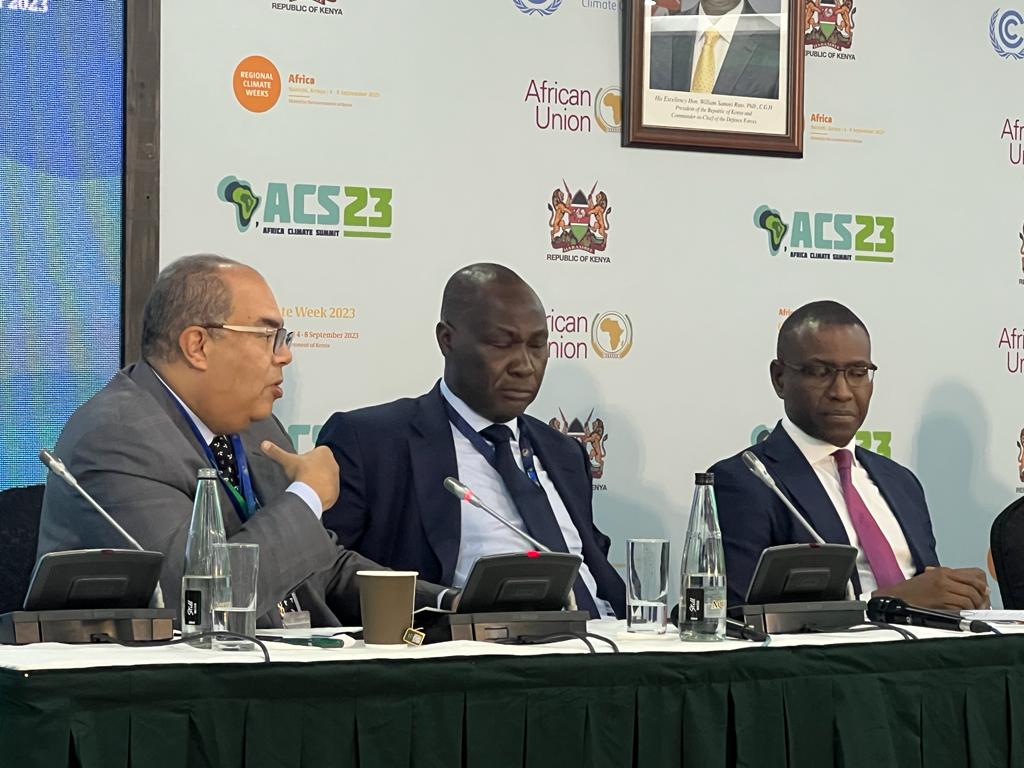
Applying Industrial Policies for Economic Growth in Africa Requires Investment in Human Capital and Infrastructure
Dr. Mahmoud Mohieldin, UN Climate Change High Level Champion for Egypt and UN Special Envoy on Financing 2030 Sustainable Development Agenda, said that The implementation of projects related to critical minerals in Africa requires greater public-private partnerships (PPPs) and creating an attractive environment for investment and financing that encourages IFIs, MDBs and climate financing funds, especially the Green Climate Fund (GCF) to contribute to financing these projects.
This came during his participation in a session entitled “Critical Minerals for Green Manufacturing” within the events of Africa Climate Summit that takes place in Nairobi, Kenya, with the participation of Samaila Zubairu, President and CEO of Africa Finance Corporation, Amadou Hott, Special Envoy of the President of the African Development Bank for the Alliance for Green Infrastructure in Africa, Brad Crabtree, Assistant Secretary for the U.S. Department of Energy, and Andrew Forest, Founder and Chairman of Fortescue Metals Group.
Mohieldin stated that the importance of critical minerals for the transition towards green manufacturing is increasing day by day, stressing the need to focus on ESG and to commit to transparency and disclosure in order to achieve green transition in mining and manufacturing sectors, taking into account the social and economic impact of this transition on societies, as well as its impact on workers in these sectors, and paying attention to the environmental dimensions related to the mining sector, especially with regard to harmful emissions.

In this regard, Mohieldin confirmed the importance of adopting the holistic approach in the green transition of mining and manufacturing sectors, so that this process contributes to mitigating carbon emissions as well as adapting to climate change.
The climate champion added that applying Industrial Policies in Africa requires investment in human capital through training, skills enhancement and health care, as well as investment in infrastructure, and providing regulatory frameworks that stimulate this growth.




 315
315





_0pfpercg.jpg)
_t4dsi42w.jpg)

_wcl7e9hi.jpg)

_rio3419y.jpg)











